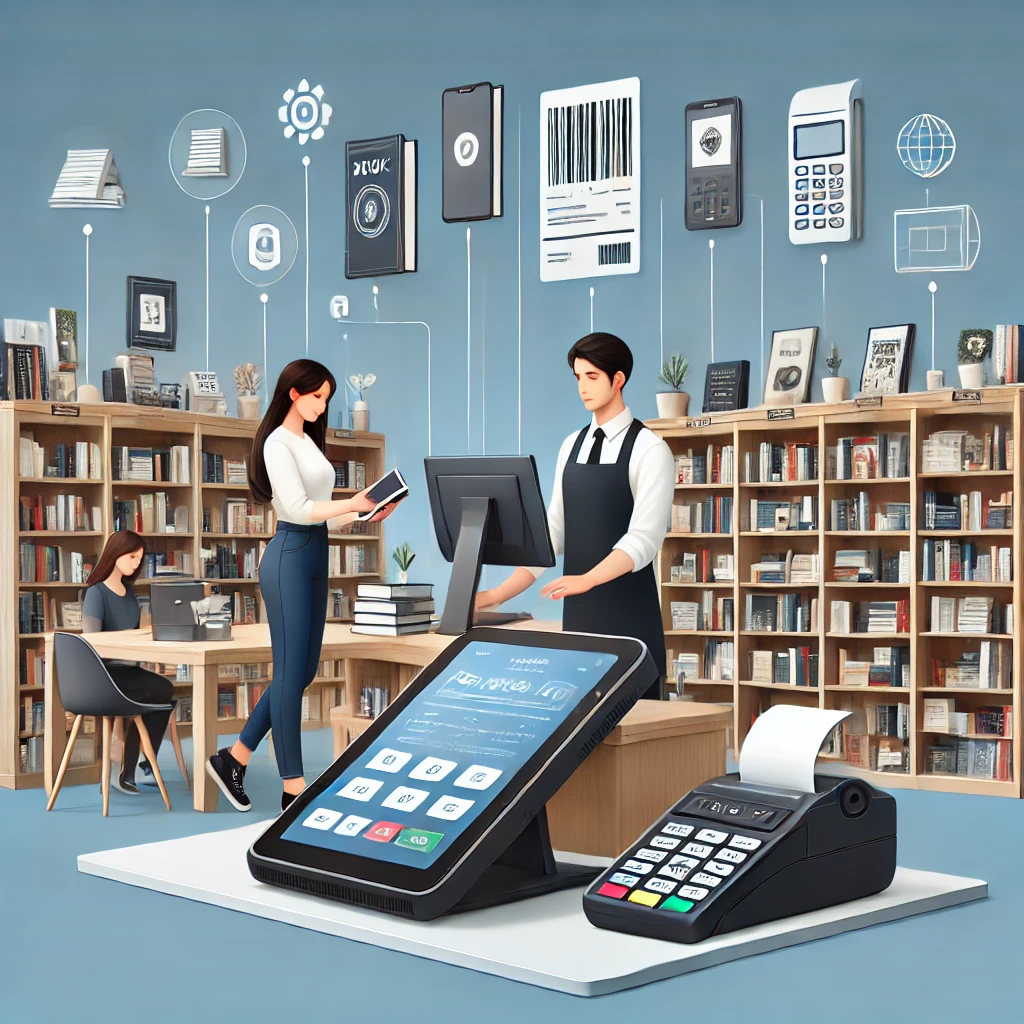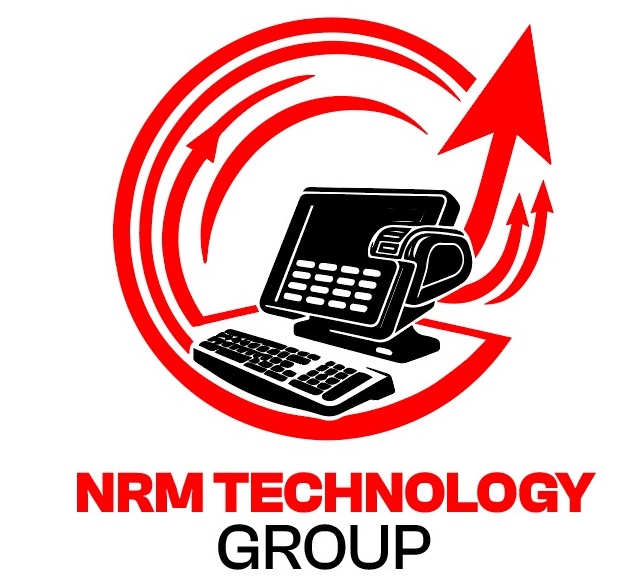
RetailPlan POS System
In today’s fast-paced retail environment, businesses constantly seek ways to streamline operations, improve customer service, and increase efficiency. One of the most crucial tools for achieving these goals is a Retail POS Systems (Point of Sale) system. A POS system is more than just a cash register—it’s the backbone of many retail operations, facilitating sales transactions, inventory management, and much more.
What is a Retail POS System?
A retail POS system combines hardware and software used by retailers to complete sales transactions. It typically includes a computer or tablet, a receipt printer, a barcode scanner, and a cash drawer. The software records sales, tracks inventory, processes payments, and even assists with customer management. With the evolution of technology, modern POS systems now integrate with other business operations such as accounting, loyalty programs, and e-commerce platforms.
Key Features of a Retail POS System
Sales Transactions:
At the heart of any POS system is its ability to process sales. Whether the transaction involves cash, credit cards, or mobile payments, the system ensures accurate and efficient payment processing.
Inventory Management:
Retailers need to know which products are in stock, what needs to be reordered, and which items are selling the fastest. A POS system helps track inventory in real time, alerting the business owner when stock is running low and assisting in making data-driven purchasing decisions.
Customer Relationship Management (CRM):
Many POS systems offer customer management features that enable businesses to collect customer information, track purchase histories, and provide personalized promotions or discounts. A strong CRM system helps improve customer retention and increase sales.
Reporting and Analytics:
POS systems provide detailed reports on sales, expenses, and inventory levels. By analyzing this data, retailers can make informed decisions about pricing strategies, promotions, and staff allocation. These insights also help identify trends and opportunities for growth.
Multi-Channel Integration:
With the rise of online shopping, many POS systems are designed to integrate with e-commerce platforms, allowing businesses to manage both online and in-store sales from a single system. This reduces the need for manual data entry and ensures consistency across all sales channels.
Why Use a Retail POS More Efficient:
Automation means sales and stock are faster and more accurate. Staff can focus on customer service not manual tasks.
Better Customer Experience:
Faster checkouts, personalised offers and better stock management means a smoother shopping experience that can increase customer satisfaction and loyalty.
Better Reporting:
Real time sales and stock data means better decision making and being able to react to changes in demand or market trends.
Security:
Secure payment processing and built in fraud protection means safer customer data and business profits.
Conclusion
A retail POS system is an invaluable resource for modern businesses. It streamlines sales processes, improves inventory management, enhances customer relationships, and offers powerful insights that drive growth. In a competitive retail landscape, having the right POS system in place can significantly impact your business’s success.
- Best Coffee Shops in Pakistan Using DinePlan POS for Seamless and Efficient Service
- Free FBR POS Integration Services With RetailPlan POS — Simplify Your Retail Business
- How Resellers Can Grow Their Business with ERP Solutions
- Maximizing Restaurant Efficiency with DinePlan POS System in Pakistan: A Complete Guide
- Unlocking Benefits and Efficiency of Using a POS System in Your Retail Shop
